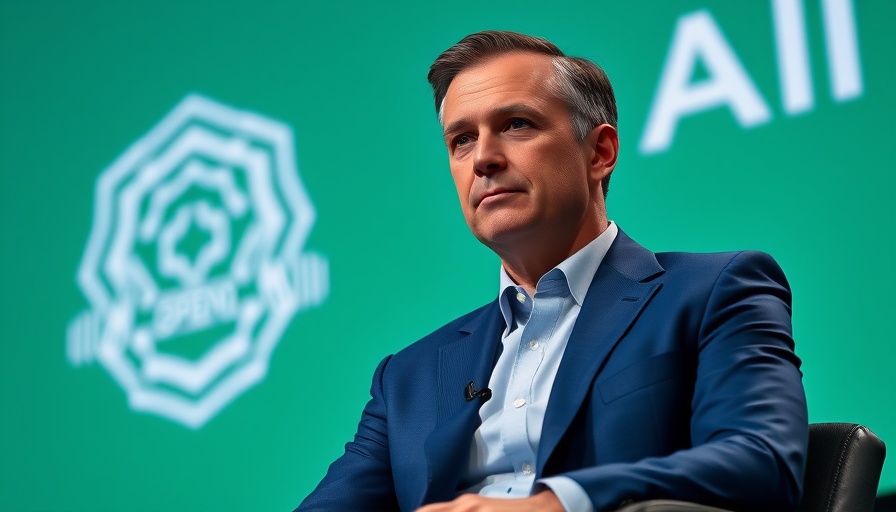
The Unfolding Drama of Sam Altman's Temporary Ouster
In what can only be described as a dramatic upheaval in the tech world, the recent revelations about Sam Altman's brief firing from OpenAI in 2023 have stirred conversations within the tech and healthcare industries alike. A new book excerpt from *The Optimist: Sam Altman, OpenAI, and the Race to Invent the Future* by Keach Hagey offers an inside look at how internal conflicts and ethical concerns shaped a pivotal moment in OpenAI’s trajectory.
Concerns Around Ethics and Leadership
The book reveals that Altman’s leadership faced scrutiny due to questionable practices, particularly concerning a Startup Fund that was allegedly personally owned by him. This revelation is alarming, especially for healthcare professionals who prioritize ethical governance in tech innovations that influence patient data and care management systems. Such behavior raises questions about accountability in organizations where trust is paramount.
Internal Rivalries and Their Impact
Key figures within OpenAI, including co-founder Ilya Sutskever and CTO Mira Murati, gathered evidence that pointed to a pattern of behavior that was termed 'toxic' by some board members. For healthcare IT professionals, this case exemplifies how interdepartmental conflicts and potential misinformation can jeopardize not only leadership but the integrity of the technology itself—a consideration that must be taken seriously in the management of health technology.
The Aftermath: Employee Responses and Market Reactions
Following the decision to remove Altman, a swift backlash ensued, with OpenAI’s workforce penning a letter demanding his reinstatement. This response highlights the significance of corporate culture within tech organizations—an insight that should resonate especially with healthcare administrators who understand the importance of morale and cohesion in teams responsible for critical healthcare delivery systems. Ultimately, Altman was reinstated, but not without consequences for those who opposed him, as both Sutskever and Murati departed to explore new ventures.
As the narrative evolves and the healthcare technology landscape continues to shift, stakeholders must remain vigilant about ethical practices in leadership to foster environments where innovation can thrive while prioritizing accountability and transparency.
 Add Row
Add Row  Add
Add 




Write A Comment